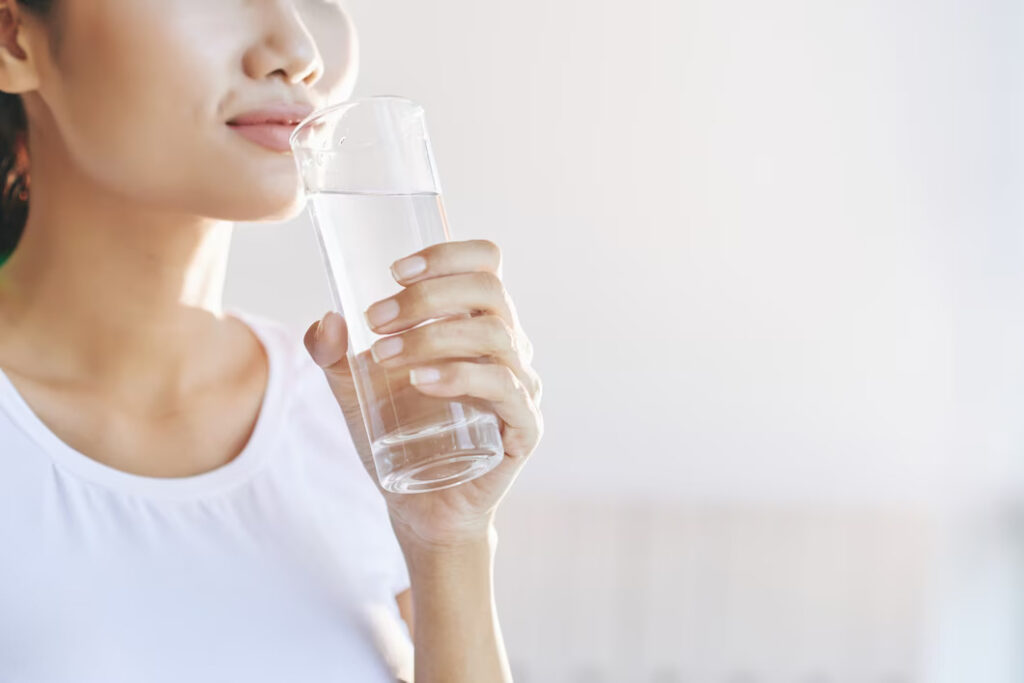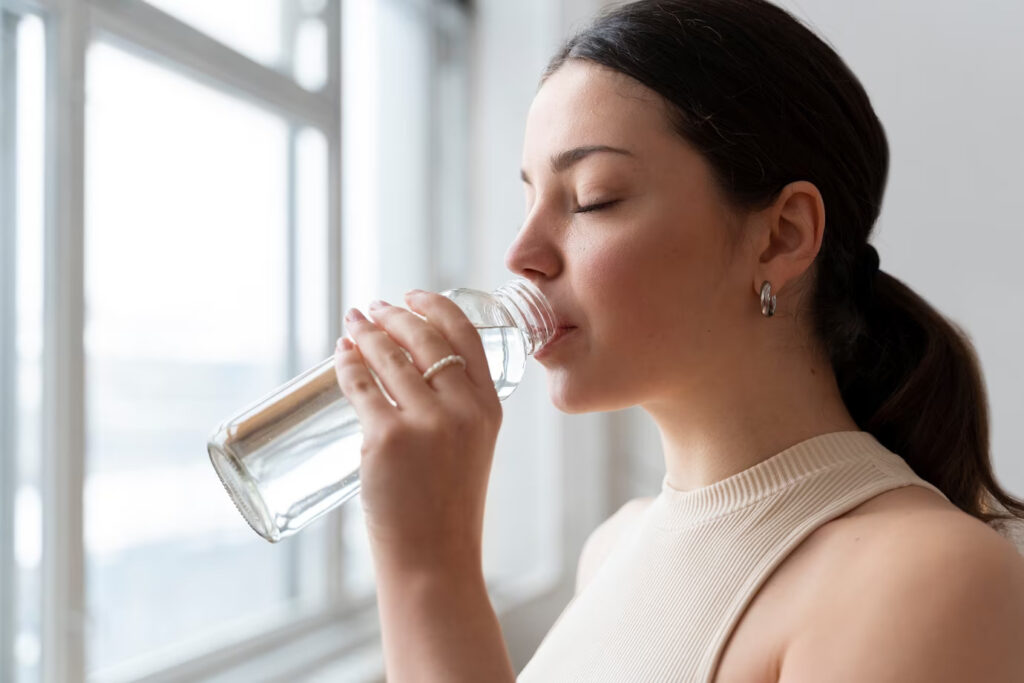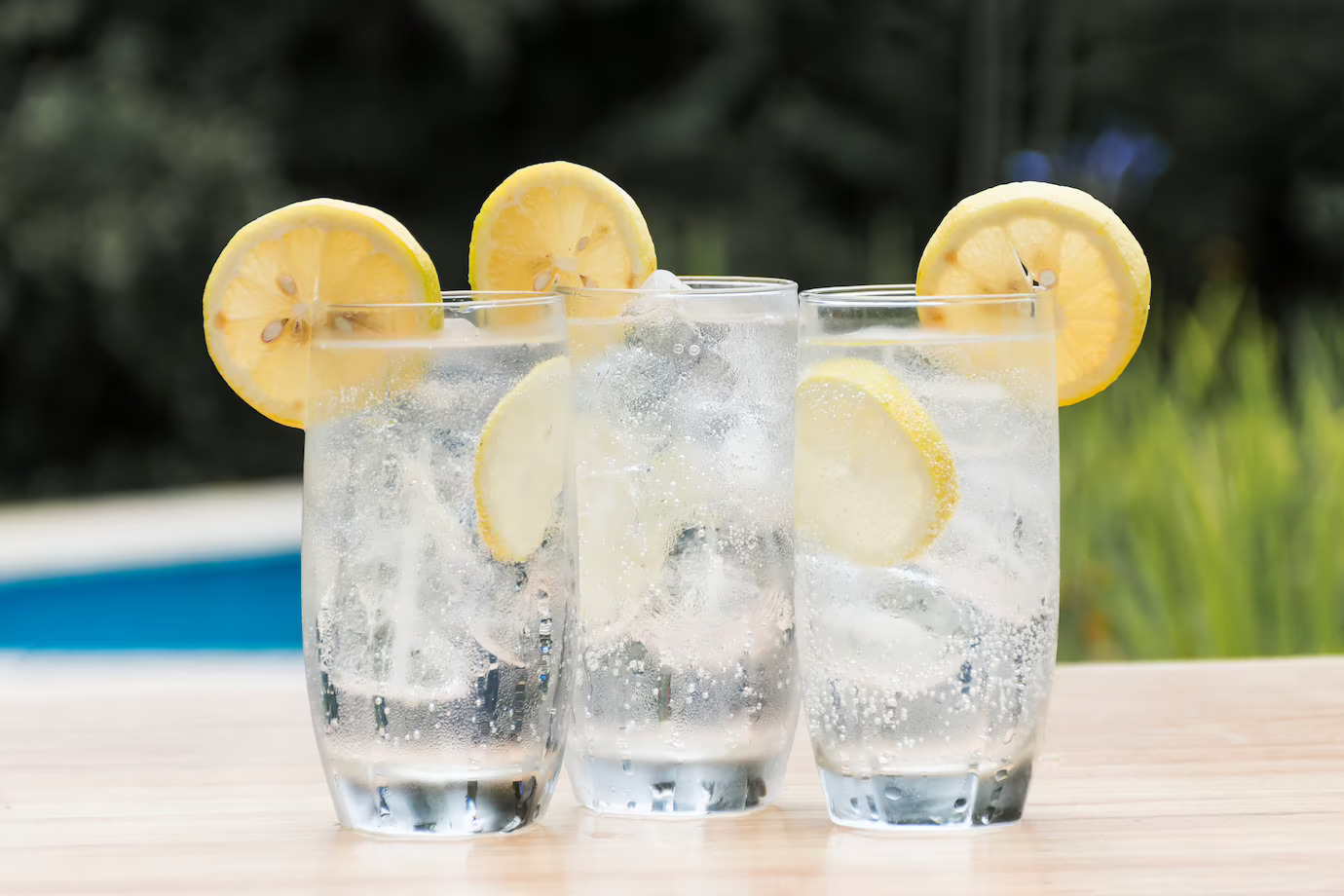Dehydration is a common yet overlooked health concern that can have serious consequences if left untreated. Whether it’s due to excessive sweating during intense physical activity, vomiting or diarrhea from an illness, or simply not drinking enough fluids, dehydration can affect anyone at any time.
As a medical professional, Dr. Jasdeep Sidana understands the importance of fast dehydration relief in maintaining overall health and well-being. In this blog, we will explore the ultimate guide to rehydrating quickly and effectively, with evidence-based strategies and practical tips to prevent and alleviate the symptoms of dehydration.
Understanding Dehydration
Dehydration occurs when the body loses more fluids than it takes in, leading to an imbalance in the body’s electrolyte levels. Mild dehydration may cause symptoms such as thirst, dark urine, dizziness, fatigue, and dry mouth. However, if left untreated, dehydration can progress to more severe stages, resulting in heat exhaustion, heat stroke, and even organ failure. Therefore, it is crucial to recognize the signs and symptoms of dehydration and address them promptly to prevent further complications.
Importance of Fast Dehydration Relief
Dr. Jasdeep Sidana emphasizes the importance of fast dehydration relief in preventing the worsening of dehydration symptoms, including:
- Discomforts of dehydration
- Improve physical performance
- Enhance cognitive function
- Support overall health
On the other hand, delaying dehydration relief can increase the risk of:
- Heat-related illnesses
- Reduce productivity
- Long-term negative effects on the body

What is the Fastest Way to Cure Dehydration?
In this section, we will explore the different rehydration methods and provide recommendations on their appropriate use based on the severity of dehydration and individual health conditions.
1. Oral Rehydration Solutions (ORS)
ORS is a cost-effective and convenient way to replenish fluids and electrolytes lost during dehydration. They contain a precise balance of salts and sugars that help the body absorb water more effectively. ORS is especially beneficial for mild to moderate dehydration caused by vomiting or diarrhea. Dr. Jasdeep Sidana recommends keeping ORS packets handy for emergencies or when traveling to areas with limited access to clean water.
2. Sports Drinks
Sports drinks are formulated to replenish electrolytes and fluids lost during physical activity. They are effective in rehydrating after intense exercise or prolonged sweating. However, it’s important to note that sports drinks may contain added sugars and calories, which may not be suitable for everyone, especially those with diabetes or other health conditions. It’s essential to read labels and choose a sports drink with lower sugar content or opt for other methods of rehydration if needed.
3. Water
Water is the most natural and readily available form of rehydration. It is essential to drink water throughout the day, especially during hot weather or when engaging in physical activity. Monitoring urine color and frequency can be an effective way to assess hydration levels. Clear or pale yellow urine indicates adequate hydration, while dark-colored urine may indicate dehydration. Dr. Jasdeep Sidana recommends drinking water regularly, even when not feeling thirsty, to prevent dehydration.
4. Intravenous Fluids (IV)
IV fluids are administered in severe cases of dehydration or when oral rehydration is not possible, such as during hospitalization or medical emergencies. IV fluids deliver a precise balance of fluids and electrolytes directly into the bloodstream for immediate and efficient rehydration. Healthcare professionals typically administer IV fluids, which should only be used when medically necessary.
5. Eating Water-Rich Foods
Many fruits and vegetables have high water content and can help rehydrate the body. Examples include watermelon, cucumber, oranges, strawberries, and spinach. Incorporating these foods into your diet can provide an additional source of hydration, especially during hot weather or when experiencing mild dehydration symptoms.
6. Rest and Cool Down

If dehydration is caused by intense physical activity or exposure to high temperatures, it’s crucial to rest and cool down to prevent further fluid loss. Dr. Jasdeep Sidana recommends finding a shaded area, removing excess clothing, and using a cold compress or a cool shower to lower body temperature and support rehydration.
7. Avoiding Alcohol and Caffeine
Alcohol and caffeine can increase urine production and contribute to dehydration. It’s best to avoid or limit the consumption of these beverages when rehydrating, as they can exacerbate the symptoms of dehydration. Opt for water, ORS, or sports drinks instead.
8. Monitoring Electrolyte Levels
Electrolytes are minerals that help regulate the balance of fluids in the body. When dehydrated, electrolyte levels can be imbalanced, leading to symptoms such as muscle cramps, weakness, and irregular heartbeats. Dr. Jasdeep Sidana suggests monitoring electrolyte levels and considering electrolyte supplements or foods rich in electrolytes, such as bananas, yogurt, and coconut water, to support fast rehydration and restore electrolyte balance.
Conclusion
Dehydration is a common and preventable health concern that can have serious consequences if not addressed promptly. Dr. Jasdeep Sidana emphasizes the importance of fast dehydration relief to prevent further complications and maintain overall health and well-being. The ultimate guide to rehydrating quickly and effectively includes various methods such as oral rehydration solutions, sports drinks, water, and intravenous fluids, depending on the severity of dehydration and individual health conditions.
Complementary strategies such as eating water-rich foods, resting and cooling down, avoiding alcohol and caffeine, and monitoring electrolyte levels can further support fast dehydration relief. It’s crucial to prioritize hydration and seek medical attention if experiencing severe dehydration symptoms. Remember to consult with a healthcare professional, especially if you have any underlying health conditions or concerns about rehydration methods. Stay hydrated and stay healthy!


